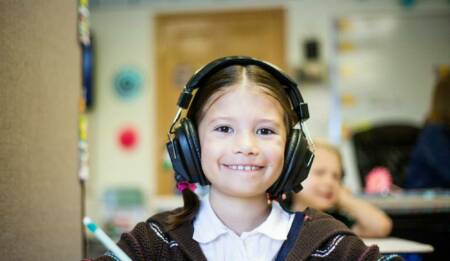The Global State of Play
UNESCO have released a report and recommendations on quality physical education that shows that the majority of the world's schoolchildren still do not have access to the minimum required physical education.
The global state of play
UNESCO is the United Nations agency mandated to promote physical education and sport through concerted, collaborative and participatory action to support the rounded development of every individual.
Active lifestyles are key to ensuring both individual well-being and sustainable, social development.
Quality Physical Education (QPE) plays a key role in achieving this by fostering lifelong physical activity, improving young people’s mental and emotional well-being, and developing critical life skills.
UNESCO’s sport initiative, Fit for Life, advocates QPE as a cost-effective investment. Despite its potential as a core curricula subject, UNESCO data reveal that PE is often under-prioritized and due to a lack of investment in certain areas, such as staff training and facilities, potential benefits are not fully realised for students around the world.
Although 83 percent of countries worldwide report PE as compulsory in schools, there remain significant issues with the quality of delivery and the diversity of lesson planning within curricula:
- Only 1 in 3 secondary school students worldwide meet the minimum requirement of 180 minutes of PE per week set out in UNESCO’s Quality Physical Education Policy Guidelines.
- Only 1 in 3 students with disabilities have access to PE classes.
- Only 7 percent of schools implement equal PE time for boys and girls, despite 55 percent of countries having policies or plans for it.
The report presents insights drawn from data collected across 117 countries and 2,455 PE teachers via UNESCO’s unique global QPE surveys. Its findings highlight key challenges and opportunities in the implementation of QPE, including insufficient funding, inadequate training for PE teachers, and lack of inclusive facilities.
Actionable recommendations are provided to enhance PE programming through improvements in policy implementation, resource allocation, teacher training, inclusivity, and curriculum design.



